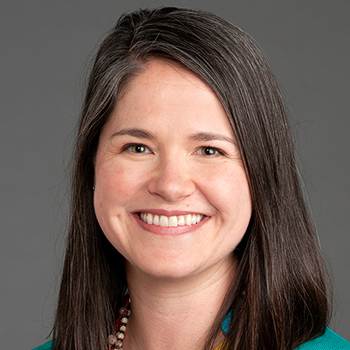UNDERSTANDING THE FOOD INSECURITY NEED OF CANCER PATIENTS IN FORSYTH COUNTY, NC: IDENTIFYING CURRENT RESOURCES AND POTENTIAL INTERVENTIONS WITHIN THE HEALTHCARE SYSTEM AND COMMUNITY

REBECCA STONE
Project Manager, Department of Implementation Science, Division of Public Health Science at Wake Forest University School of Medicine

CAMELIA SINGLETARY
Project Manager, Department of Implementation Science, Division of Public Health Science at Wake Forest University School of Medicine
ABSTRACT
A cancer diagnosis has the potential to turn an individual’s life upside down in all areas. Finances are a common concern for cancer patients as they are often shifting resources to accommodate new financial demands. Healthy food costs can create a financial strain on an individual and especially for someone with a cancer diagnosis. Nutrition is an essential element that can lead to a positive treatment response, especially adhering to a healthy dietary plan and preventing significant weight loss (cachexia). However, patient adherence to suggested healthy eating plans can be impacted by their socioeconomic status and their ability to easily access nutritional items in their nearby vicinity. Patients living in areas designated as food deserts experience the added burden of accessing healthy food.
This project will seek to understand the complexity of the food insecurity need of cancer patients of Forsyth County, NC. As food insecurity is often compounded by other social factors, the project will aim to visually represent the spatial distribution of cancer patients and the known social determinants of health (food deserts, transportation, income, health food access, etc.) that may be confounding factors of cancer survivorship. These maps will be used to identify target geographical areas needing intervention. The team will also conduct interviews with community partners/healthcare professionals in an effort to better understand the local efforts seeking to address the food insecurity need. Current literature around evidence-based practices to address healthy food access will provide guidance for potential collaboration recommendations.
